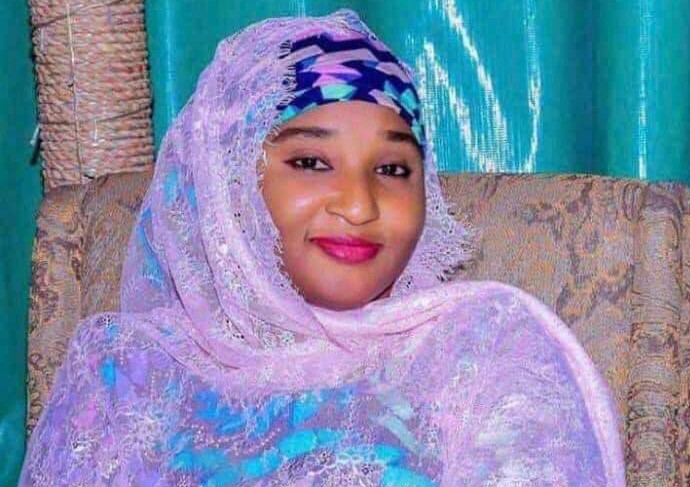
By Sadiq Baba & Ahmed Danyaro
On October 23, 2024, a transformative moment in Nigeria’s education history unfolded as President Bola Tinubu nominated Dr. Suwaiba Said Ahmad as the Minister of State for Education. Following her swift confirmation by the Senate, Dr. Ahmad stepped into her new role, equipped with 19 years of distinguished experience in education, governance, and development research, signaling a new chapter for the nation’s educational landscape.
Dr. Ahmad’s journey began far from ministerial chambers. Born on February 13, 1981, in Jigawa State, her academic pursuits took root at Bayero University’s Staff Primary and Secondary Schools, blossoming into an illustrious career spanning multiple educational roles. She earned a Bachelor of Science Education (B.Sc. Ed) in Chemistry from Bayero University, Kano, in 2003, followed by a Master’s in Curriculum Studies in 2009. By 2014, she had achieved her Ph.D. in Science Education at Ahmadu Bello University, Zaria, becoming the first woman from Jigawa State to do so.
More than her credentials, Dr. Ahmad embodies a commitment to educational excellence and gender equity. Her academic path, coupled with her profound expertise in science education, curriculum development, and AI in education, demonstrates her forward-looking approach. She has served with distinction in various leadership roles, including as Provost of Jigawa State College of Education, Ringim, where she achieved milestones such as securing full accreditation for all programs and addressing years of administrative backlogs to issue certificates to graduates for the first time.
Before her recent appointment, Dr. Ahmad was an Associate Professor in the Faculty of Education at Bayero University, Kano, where she began her career in 2005 as a Graduate Assistant. She has mentored over 150 undergraduates and 40 postgraduate students, contributed extensively to research, and shared her insights at over 20 conferences worldwide. Her work, whether through her published research or her role as Director of the Centre for Gender Studies, often focused on gender issues in education, aiming to improve access and opportunities for girls and women, particularly in northern Nigeria.
In collaboration with international organizations like the British Council and the Foreign Commonwealth Development Office (FCDO), Dr. Ahmad has brought a global perspective to her work, influencing national educational policies and initiatives. She contributed to the development of the Universal Basic Education Commission’s (UBEC) 2022-2030 roadmap and participated in the National Personnel Audit Report.
As Dr. Ahmad steps into her role under President Tinubu’s renewed hope agenda, she finds herself at the helm of a visionary educational reform. This agenda emphasizes quality education, improved access, adequate funding, and teacher development, along with creating safe, conducive learning environments. Upon her confirmation, she expressed her commitment to this mission, saying, “For me, education has always been a passion. There is a need for substantial reforms. The President’s agenda has three key objectives—improving learning outcomes, creating enabling environments, and supporting capable educators. If we can implement these objectives, we will reshape the educational narrative not only in northern Nigeria but nationwide.”
Dr. Suwaiba Said Ahmad’s rise from academia to ministerial leadership is an inspiring story of breaking barriers. Her achievements have opened doors for countless young women aspiring to influence Nigeria’s future, proving that commitment, expertise, and a visionary mindset can indeed transform a nation’s educational destiny.
Baba and Danyaro write from Abuja.







































